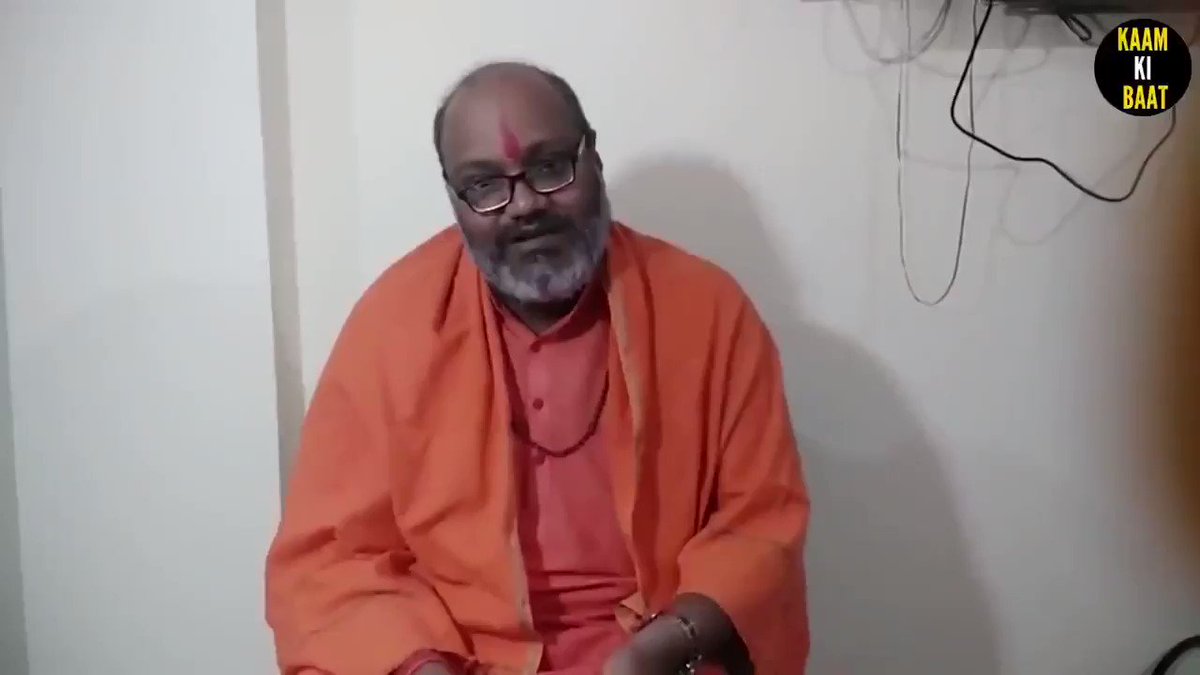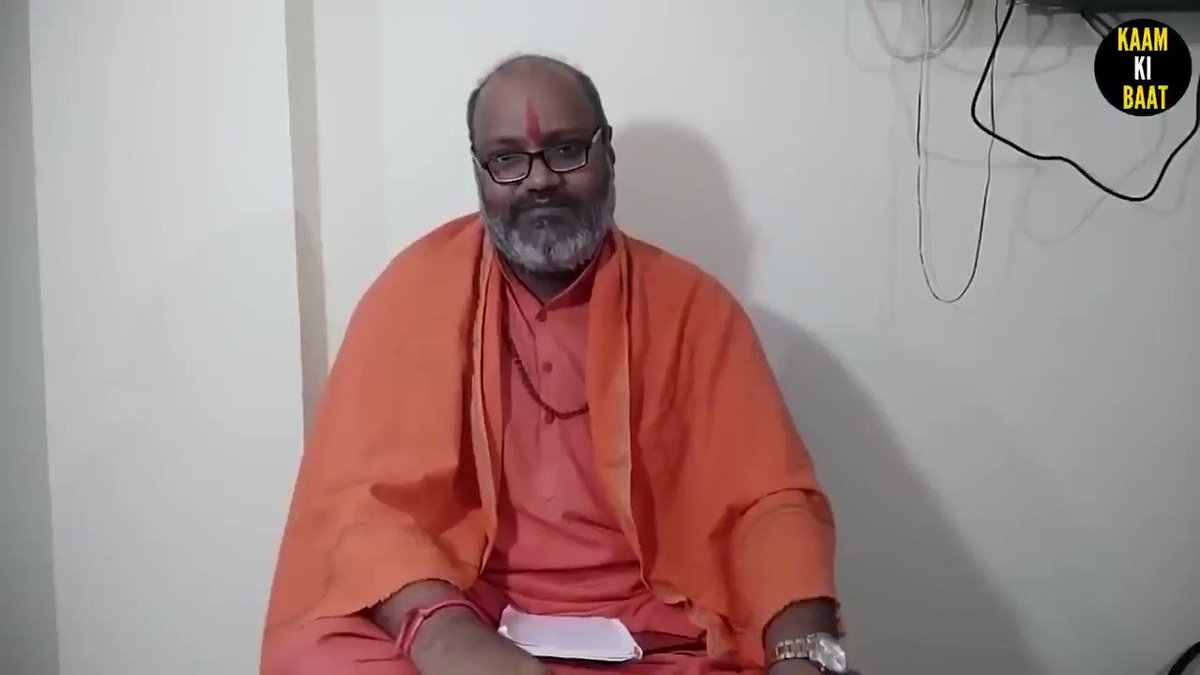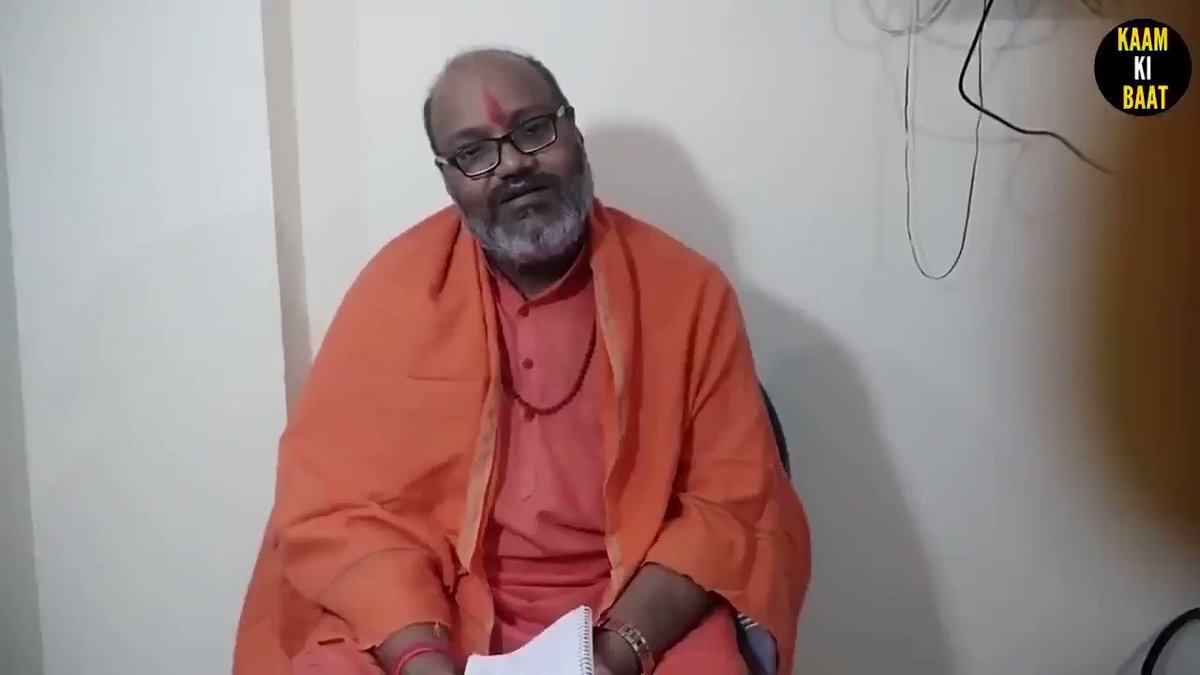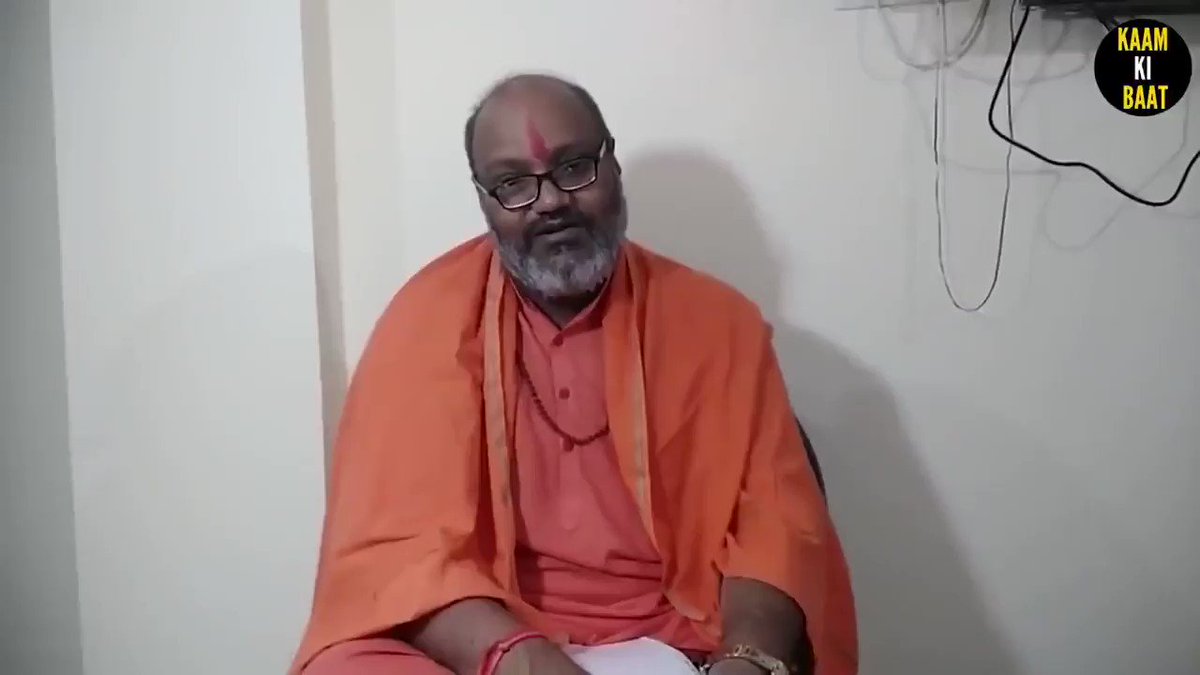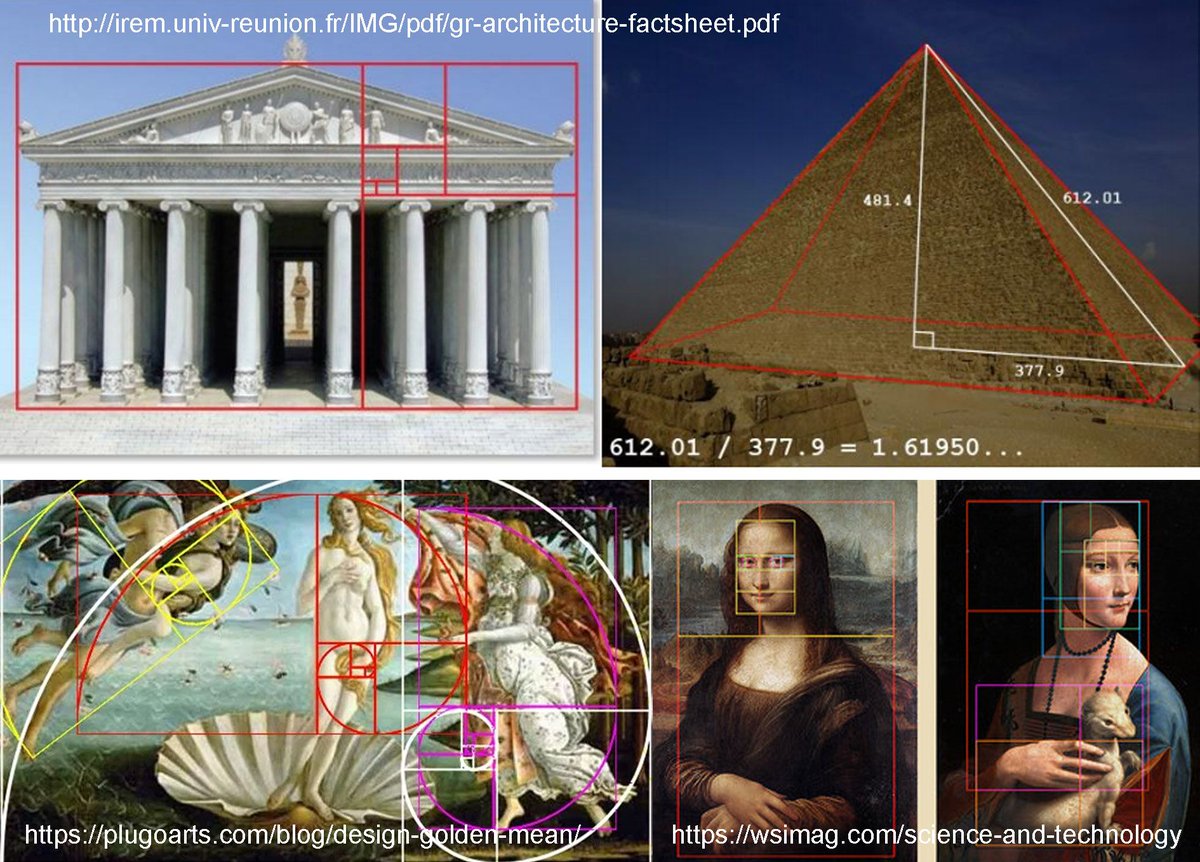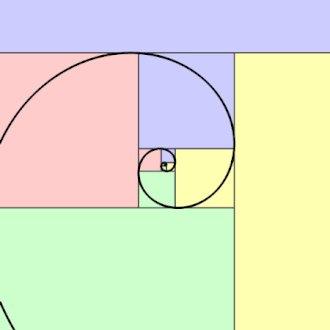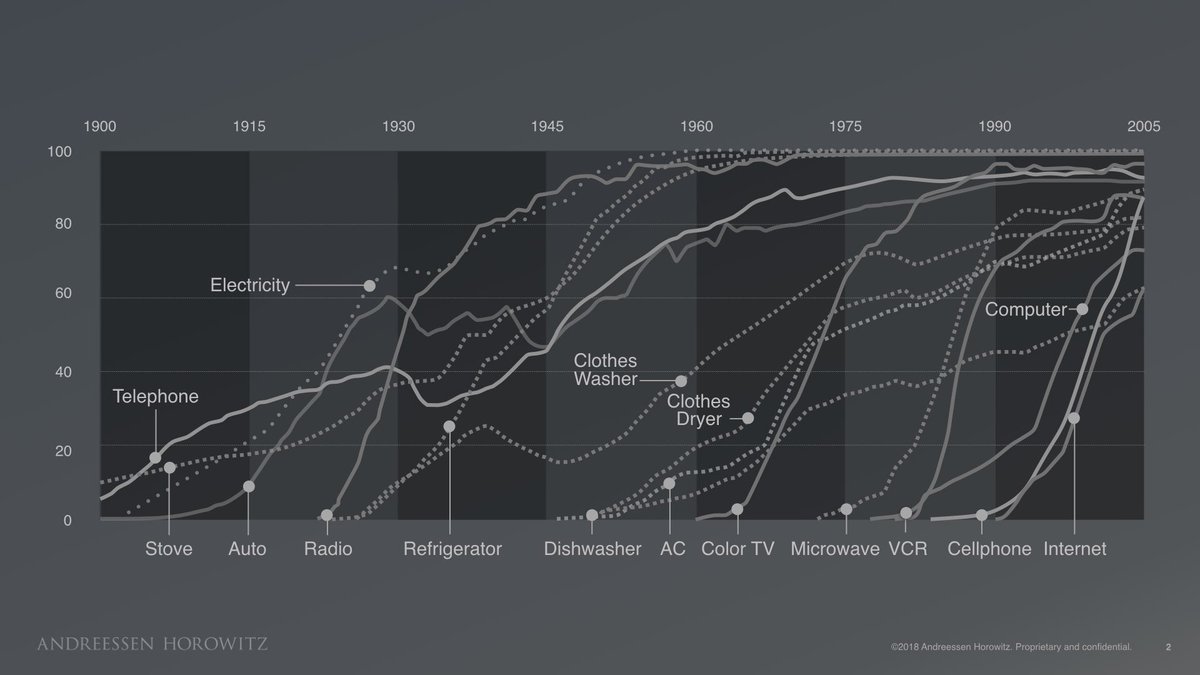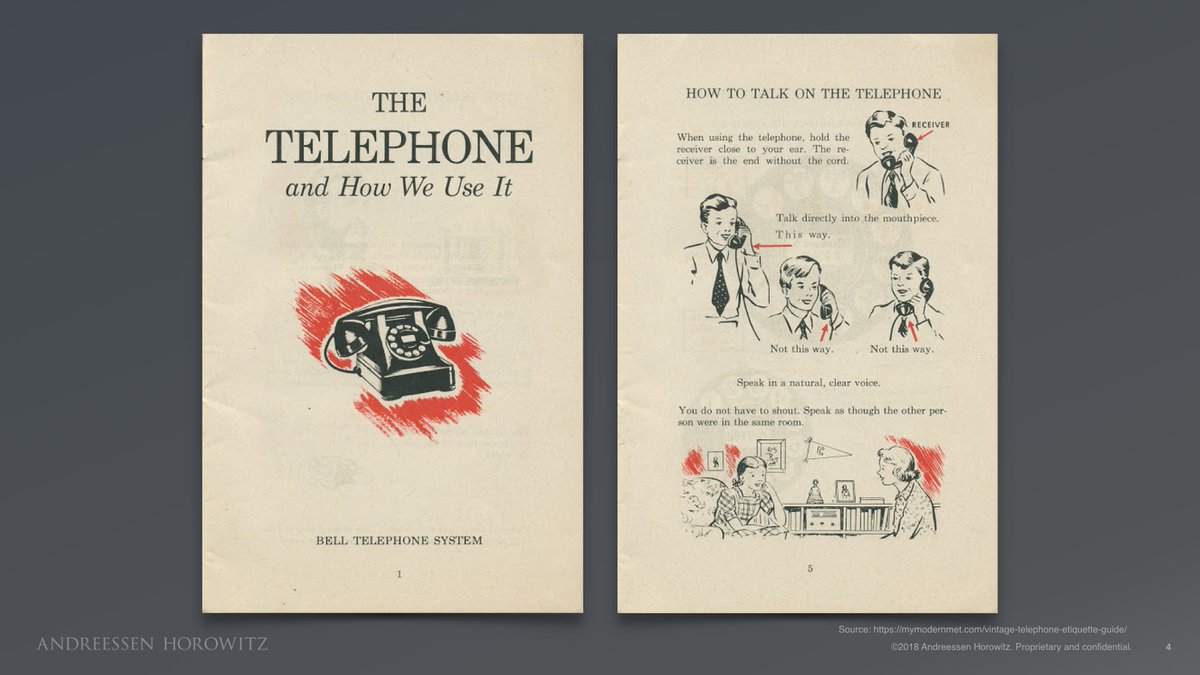
Election Litigation Update - Gohmert.
Reply brief is in. Let's have a look. They are, mercifully, underlength. They had 50 pages available, the PDF is 43 and some of that is cover page, signatures,


Shall we dig deeper, Cotton?












This is a mistake that I've encountered in student work. Do not simply say that "commentators argue" something. You need to make those arguments yourself. You can - and must - cite the commentators you are relying on, but you must argue.

Oh, and also this is the first time we've seen this citation but they don't provide the full cite. Well done.




So they're continuing to wreak havoc on their own arguments here.



And the cited case doesn't come within a parsec of supporting that claim.
Inflate your shoes; you'll fall on your face less.

Seriously.

2: It's not the first election where the statute *could* affect the outcome. Just ask Al Gore.







2: To the extent you have claims, they did not arise on Dec 14; they arose earlier.
3: To the extent they arose on Dec 14, you wasted more than half the time before Jan 6th.




2: The document they're calling an "amicus" is coming from someone who has moved to intervene.
That said, I'm not convinced the real Arizona electors are necessary parties.





No. "The need to contest this election" does not create standing even if you really believe the election should be contested. At all.
And never mind all the state courts that ruled that the elections were legal.


Don't repeat your initial argument in your reply. You have to, well, *reply* in your reply.


Fucking clownshoes.



1: You have no merit, relative or otherwise.
2: You do not want to be treated fairly, because fair treatment would involve a boot.
3: Discussing zone of interests but not injury-in-fact is an interesting choice.

Injury in fact is mandatory. If you don't have an injury in fact, nobody cares about zone of interest. The clown car crew forgot to talk about injury in fact.




The parliamentarians are advisory, they have no power. They would be a new level in wrong defendant naming.

These LITERAL Clowns: "Judge, if Pence is the wrong party, we want to sue the parliamentarians or the United States instead."
Dafuq??



I'll be interested to see what grounds are selected for the dismissal, particularly given the timeline.
More from Mike Dunford
OK, so since my attempt to sit back while Akiva does all the work of going through the latest proof that not only the pro se have fools for lawyers has backfired, let's take a stroll through the motion for injunctive relief.
They've also got a brief in support of their injunction motion, but I've got client work that needs doing. Hopefully @questauthority has you covered
— Akiva Cohen (@AkivaMCohen) January 4, 2021
At the start, I'd note that the motion does not appear to be going anywhere fast - despite the request that they made over 80 hours ago to have the motion heard within 48 hours.
The most recent docket entries are all routine start-of-case stuff.

Why isn't it going anywhere quickly? Allow me to direct your attention to something that my learned colleague Mr. Cohen said
Folks, judges DO NOT read complaints or petitions when they are filed, and they DO NOT just up and act on the "requests for relief". If you want something, you need to actually ask the court for it by a motion, not just put it in your "here's what we want if we win" section
— Akiva Cohen (@AkivaMCohen) January 4, 2021
Now I'm not a litigator, but if I had an emergency thing that absolutely had to be heard over a holiday weekend, I'd start by reading the relevant part of the local rules for the specific court in which I am filing my case.
In this case, this bit, in particular, seems relevant:

My next step, if I had any uncertainty at all, would be to find and use the court's after-hours emergency contact info. I might have to work some to find it, but it'll be there. Emergencies happen; there are procedures for them.
And then I'd do exactly what they tell me to do.
1: The Notice of Appeal doesn't shock me; I figured Louie would be this dumb.
2: As was the case with the case at the District Court, it doesn't really matter how vigorously Pence defends this.
And the appeal has been noticed. pic.twitter.com/o4g4ES1wrU
— Kyle Cheney (@kyledcheney) January 2, 2021
3: The lack of standing is so spectacularly, glaringly obvious that it doesn't really matter whether Pence raised certain arguments; they will get noticed by the court.
4: That's because federal courts have an independent duty to ensure they have jurisdiction.
5: Standing is a jurisdictional requirement; no standing means no case.
6: The rules for standing are clear and nothing in the opinion dismissing the case was the least bit controversial in any universe except the alternate one inhabited by Louie and the Arizonan cosplayers.
7: "But it's the 5th Circuit" will be raised both by Trumpistians and those who are exceptionally nervous. There is exactly as much reason to be concerned about the 5th as there was the trial court: ie none at all.
So - my expectations:
Given the timeline, I suspect that Louie will be granted an expedited appeal and will lose on an expedited basis. I also expect that he will appeal to SCOTUS and the appeal there will not be expedited.
Honestly, I think the answer is that the rationales for these rulings are not likely to unreasonably harm meritorious progressive OR conservative challenges.
Any merit to the notion that the rationales for some of these rulings will harm progressive challenges in future elections?
— Andrew Broering (@AndrewBroering) January 3, 2021
One says laches, another moot, another standing, sometimes with almost the same type of plaintiff.
The first thing to keep in mind is that, by design, challenges to the outcomes of elections are supposed to be heard by state courts, through the process set out in state law.
That happened this year, and the majority of those challenges were heard on the merits.
The couple of cases where laches determined the outcome of state election challenges were ones where it was pretty clear that the challenges were brought in bad faith - where ballots cast in good faith in reliance on laws that had been in force for some time were challenged.
The PA challenge to Act 77 is one example. The challengers, some of whom had voted for passage of the bill, didn't make use of the initial, direct-to-PA-SCt challenge built into the law or sue pre-election; they waited until post-election.
The WI case is another. That one had a challenge to ballots cast using a form that had been in use for a literal decade.
Those are cases where laches is clear - particularly the prejudice element.
More from Politics
1)
@SidneyPowell1 reflects on #Iran’s meddling in the U.S. in a recent tweet to U.S. President Donald Trump.
This thread focuses on Iran’s dangerous influence in the U.S., especially through its DC-based lobby group
Dear @realDonaldTrump
— Sidney Powell \U0001f1fa\U0001f1f8\u2b50\u2b50\u2b50 (@SidneyPowell1) December 23, 2020
#China and #Iran stole this election from the #American people
who voted for you in a world-record landslide!
We must expose all the corruption and restore the Republic now
There will never be a free and fair election if we don\u2019t end the rigging now \U0001f1fa\U0001f1f8 pic.twitter.com/2t707xN0ar
2)
Why is this important?
@DNI_Ratcliffe "told CBS News that there was foreign election interference by China, #Iran & Russia in November of this year [2020]."
All Americans should be informed about how Iran & its lobby group NIAC are meddling in the
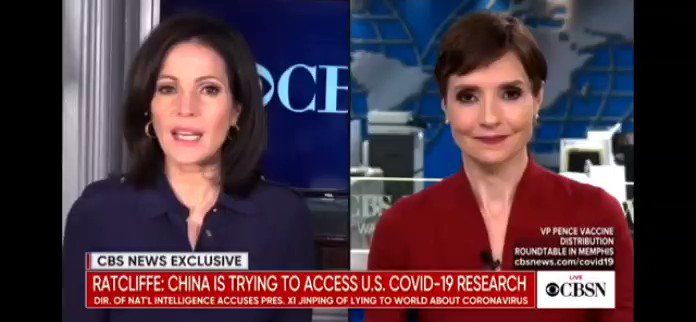
3)
#Iran has been increasingly aiming to interfere in U.S. elections specifically through NIAC.
DNI John Ratcliffe had previously shed light on this vital
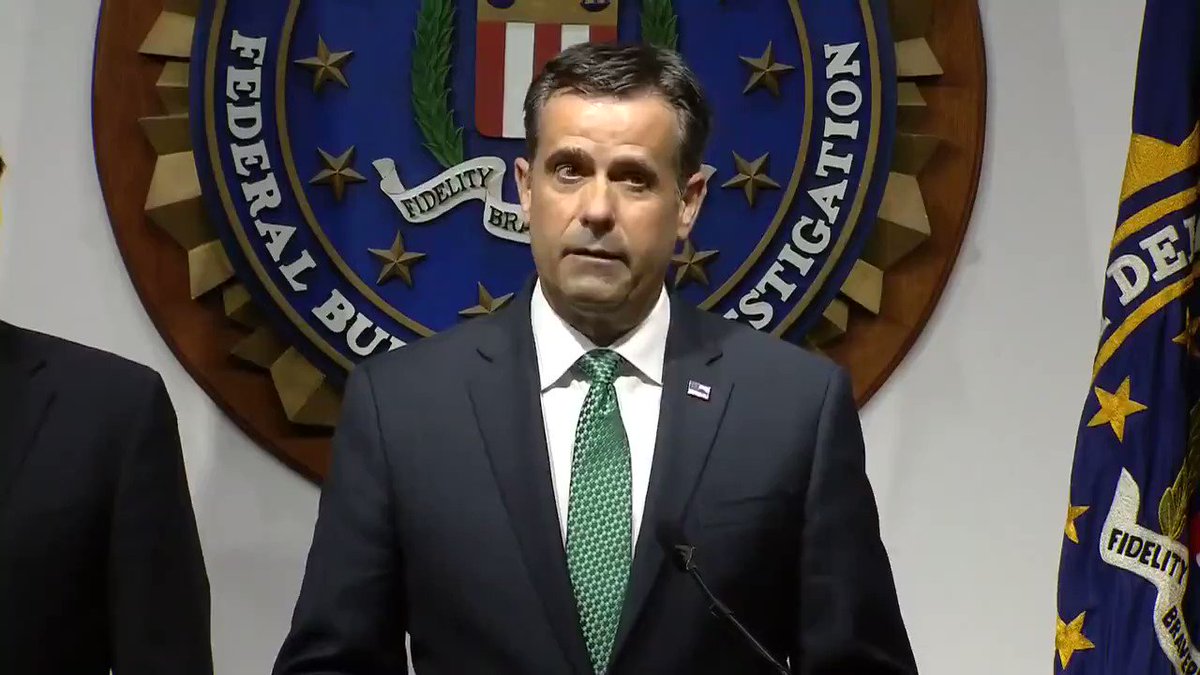
4)
NIAC is a lobby group in the U.S. pushing Iran’s talking points.
Listen to this Iranian regime insider explain that NIAC was established by @JZarif, the foreign minister of
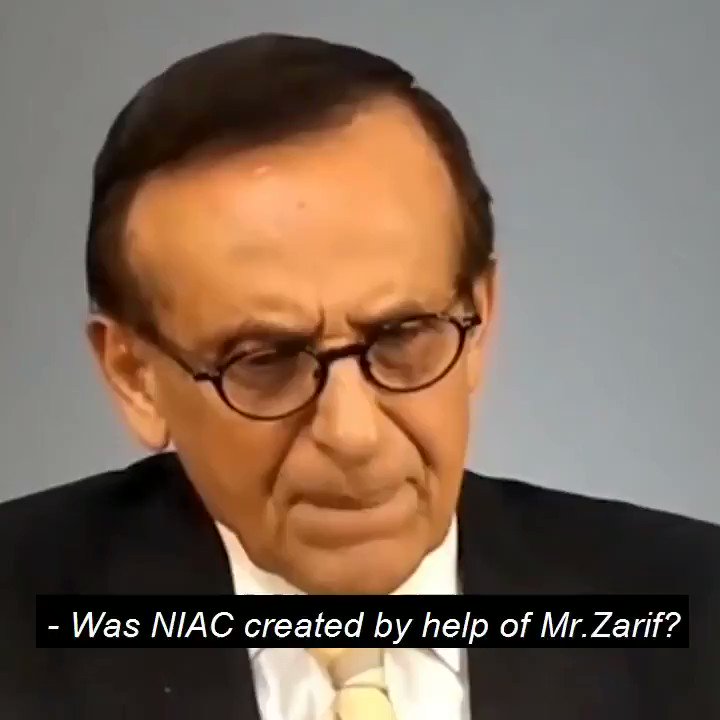
5)
@tparsi is the official founder of NIAC in the U.S.
Listen to how Trita Parsi parrots Zarif’s talking
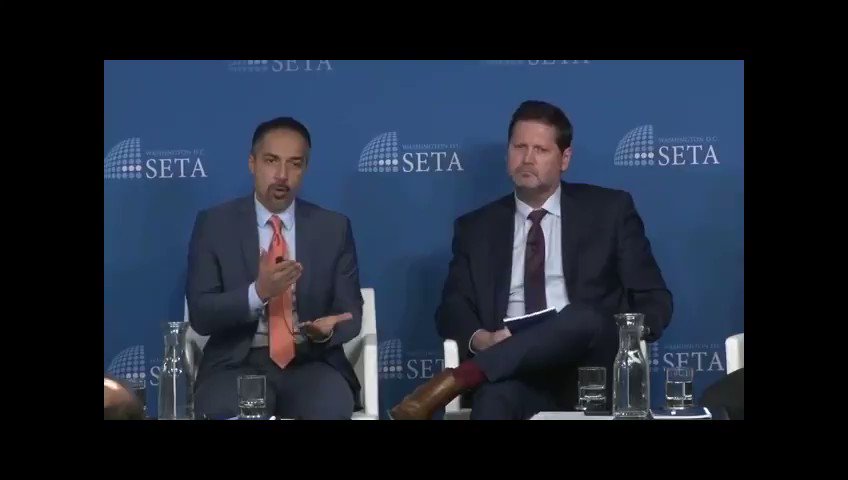
You May Also Like
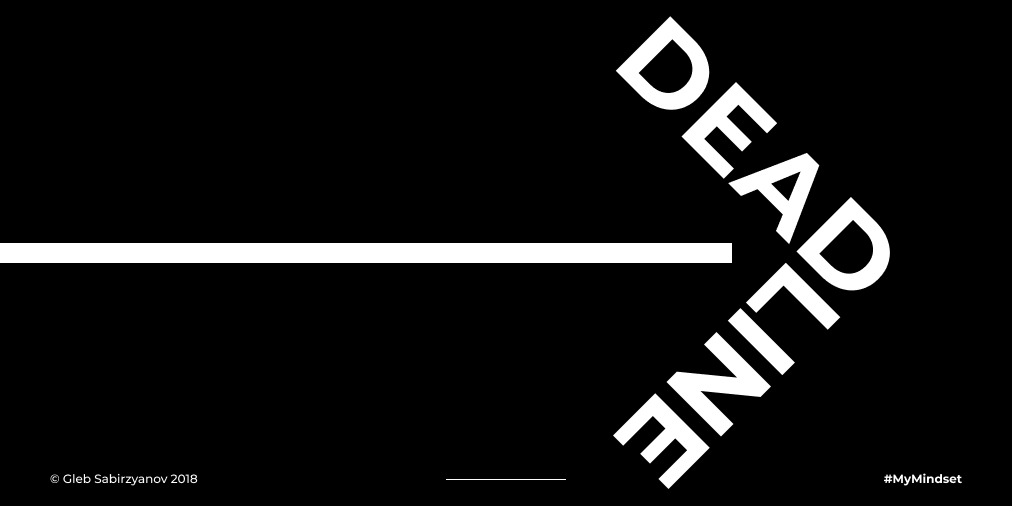
I wish I had this... — don't excuse yourself. Forget about what you can't and focus on what you can.
Stop comparing yourself to others, come from the point of what you have, know and have: "I can... so I will do..!" #MyMindset
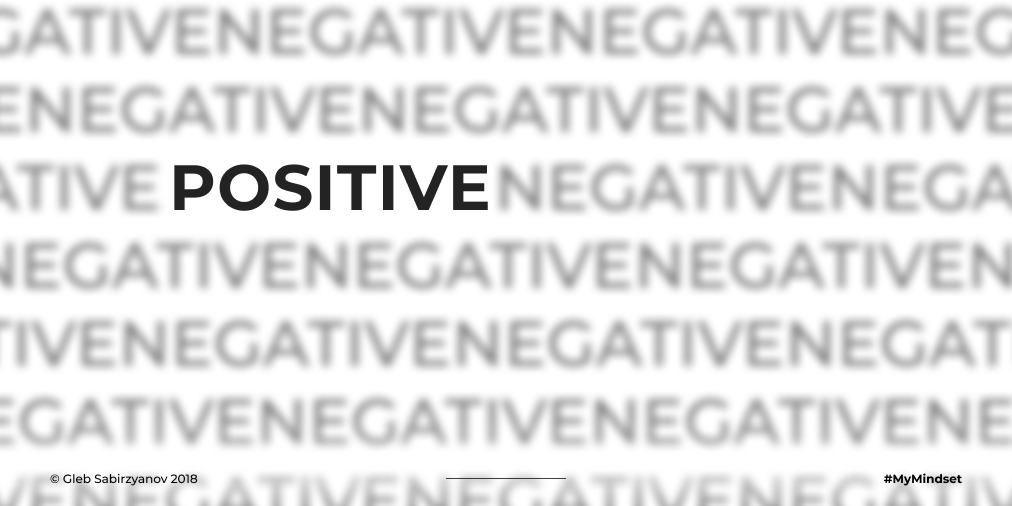
BTW this was an update of one of the previous tweets. And I'm continuing this thread today!
Focus only on positive things! These include what *you* have, know and can do. If you don't have, know or cannot do something either get it or ignore it. Don't think about it and don't use it as an excuse.
— Gleb Sabirzyanov (@zyumbik) October 17, 2018
I've been struggling to follow this principle for a long time. #MyMindset pic.twitter.com/SK5vtwHs3G
Do something for the long-term. Everything else is a distraction. 🛑 Nowadays I always check if the thing I'm doing aligns with my long-term plans. If not — that is probably not the best thing to do at the moment. #MyMindset

The only way to get more done is to have less to do. Eliminate your obligations, say "no" to things that are not important, stay minimal in what you do, focus. Being busy is not equal to getting things done. #MyMindset















